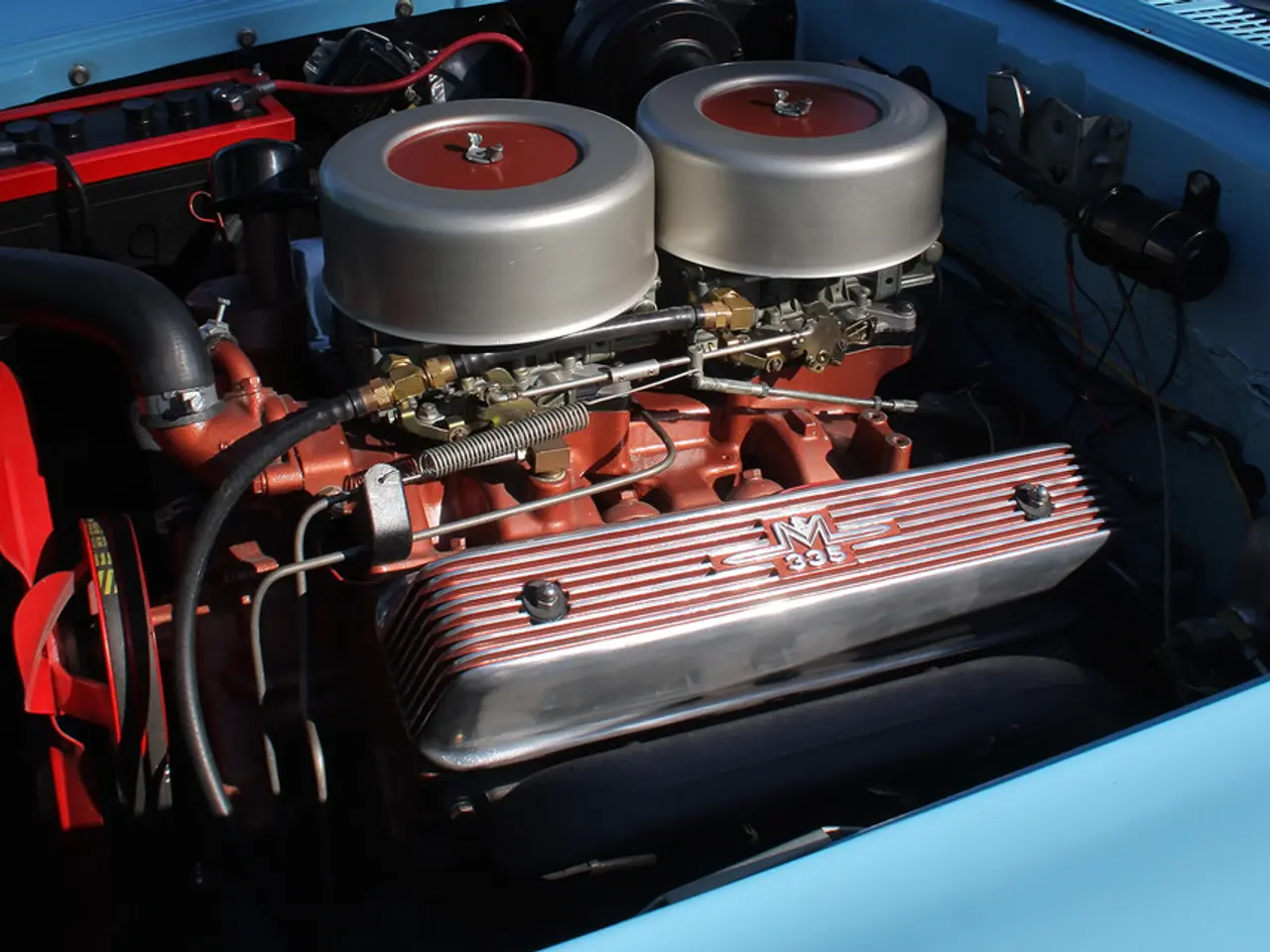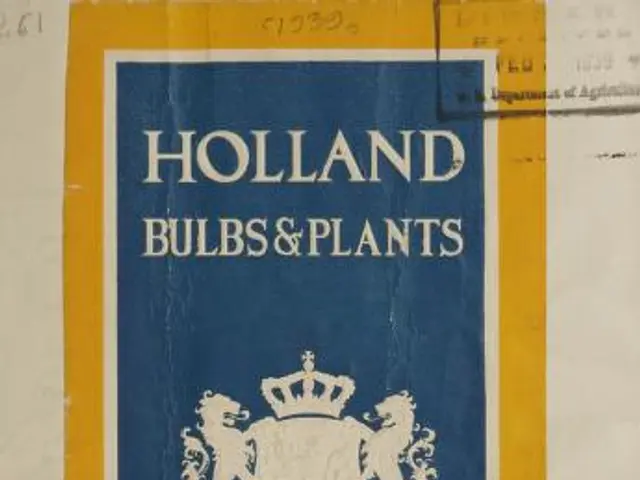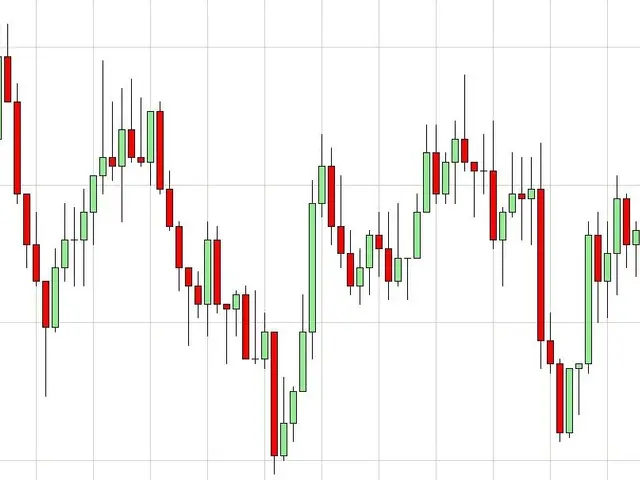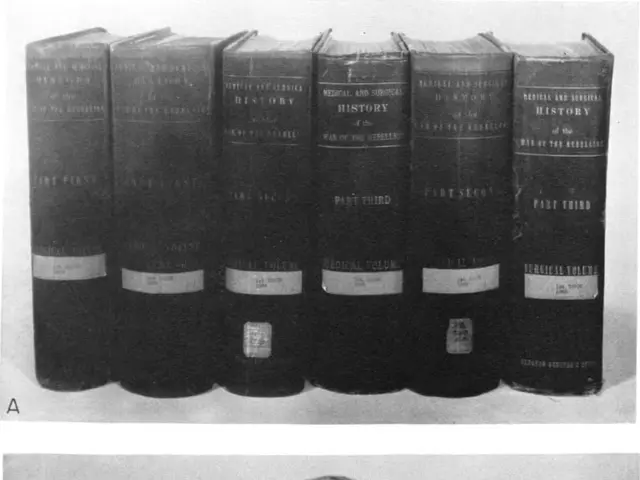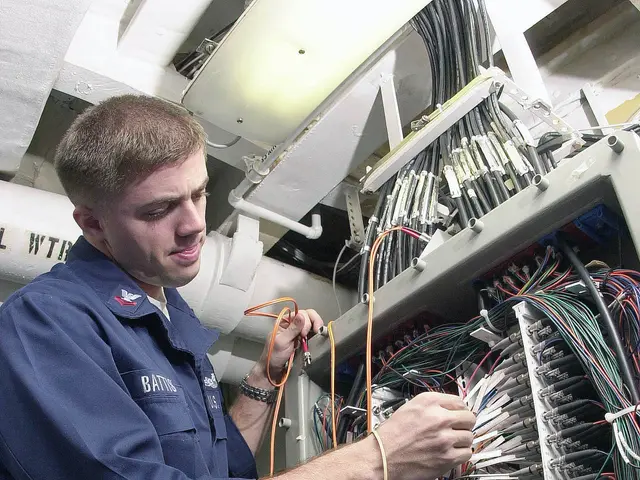Tech company Holy Technologies enlists Plataine to boost carbon fiber manufacturing capacity
In a significant stride towards digital manufacturing, Holy Technologies, a German company specialising in sustainable carbon fibre components, has chosen Plataine and MS Ultrasonic Technology Group to optimise its manufacturing processes and support its transition into series production.
Based in Hamburg, Holy Technologies uses an Infinite Fibre Placement (IFP) process to create carbon fibre components. This fully automated robotic system places continuous carbon fibres along a pre-calculated path, achieving up to 30% lower weight compared to traditional methods and creating components with complex geometries and tailored mechanical properties.
Recognising the need for a reliable system for real-time scheduling, traceability, and production control, Holy Technologies selected Plataine's AI-powered Production Scheduler. Plataine's solution optimises workstation loads, enables predictive maintenance alerts, and delivers real-time quality monitoring, providing the digital backbone needed for scalable manufacturing without compromising on flexibility or sustainability.
Bosse Rothe Frossard, founder and CEO of Holy Technologies, praised Plataine for this crucial contribution, stating, "Plataine provides the digital backbone needed for scalable manufacturing without compromising on flexibility or sustainability."
In addition to Plataine, Holy Technologies has also enlisted the support of MS Ultrasonic Technology Group. This collaboration aims to improve Holy Technologies' planning processes, traceability, and production control, ensuring a smooth transition into series production.
Meanwhile, in the aerospace sector, other companies are making significant strides. Brookhouse Aerospace has invested over £500,000 in additional machinery to extend its engineering capabilities. Lockheed Martin will upgrade the Republic of Korea Air Force's F-16 Block 52 flight simulators to mirror the advanced capabilities of its modernised F-16 Viper (F-16V) aircraft.
Moreover, ATI has extended and broadened its long-term titanium supply agreement with Boeing, strengthening ATI's role as a leading provider of advanced titanium materials for the aerospace industry.
NCC has also adopted Dassault Systèmes' 3DEXPERIENCE platform on the cloud and extended its use to other innovation centres within the UK High Value Manufacturing Catapult network.
In aerospace manufacturing, mastering fundamental processes like resin degassing is imperative due to minimal margin for error and high demand for precision. Metalysis has announced the installation of three new Gen 1 research units, expanding its first stage research capabilities by a third.
These advancements in digital manufacturing, aerospace engineering, and materials technology reflect a broader trend towards innovation and sustainability in the manufacturing industry.
Read also:
- Federal Funding Supports Increase in Family Medicine Residency Program, Focusing on Rural Health Developments
- Potential Role of DHA in Shielding the Brain from Saturated Fats?
- Alternative Gentle Retinoid: Exploring Bakuchiol Salicylate for Sensitive Skin
- Hanoi initiates a trial program for rabies control, along with efforts to facilitate the transition from the dog and cat meat trade industry.
